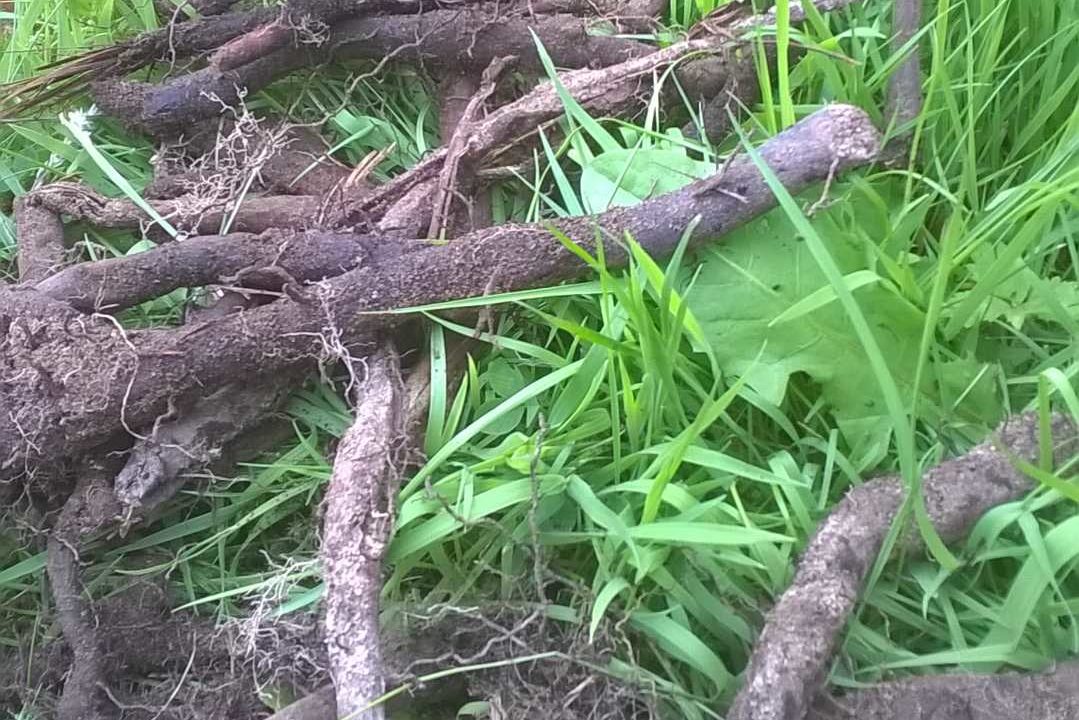Emergency approval has been granted in the UK for herbicide Asulam, a chemical effective for bracken control.
Application can commence from July 1, 2021, but must end by September 1, 2021. Stocks of the herbicide must be used up or disposed of by October 31, 2021.
If not controlled, bracken can lead to habitat destruction by blocking light and moisture from getting to the plants that normally grow there. Bracken infested land is not eligible for area-based payment schemes and can also be a danger to animals and water quality.
CAFRE biodiversity technologist Robert Beggs explained that the issues is particularly pertinent in Northern Ireland, which is included under the UK’s emergency approval.
“Over the years, products containing the active ingredient Asulam, have commonly been used to control bracken,” Beggs said.
“Since 2013 these products have only been available as a result of emergency authorisations each year, to allow for bracken control between specific dates.
“Anyone planning to control bracken in 2021 by using Asulam should be aware that its use is only approved on conservation sites.
“For 2021, Asulam applications can commence on conservation sites from July 1 and must end on September 13. All remaining unused stocks of Asulam must then be disposed of in the correct manner by October 31.”
NIEA consent for Asulam
Beggs went on to remind those intending to spray bracken on a site designated for its conservation value that NIEA consent is not required if the works have been agreed as part of an Environmental Farming Scheme Agreement (EFS).
“If, however, your proposed bracken control is not part of an EFS agreement and is on a site of environmental importance you must seek approval from NIEA before commencing spraying,” he said.
“Alternative methods of rolling or cutting for bracken control can succeed but require repeated treatments over several years to be successful.”
Robert explained that weed wiping with glyphosate in CAFRE demonstration plots has previously shown good levels of bracken control and can provide an efficient alternative to Asulam in 2021 for many areas not in conservation sites.
